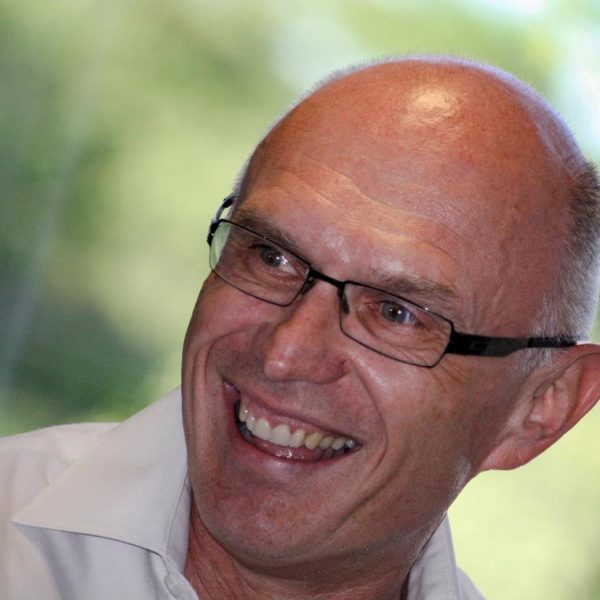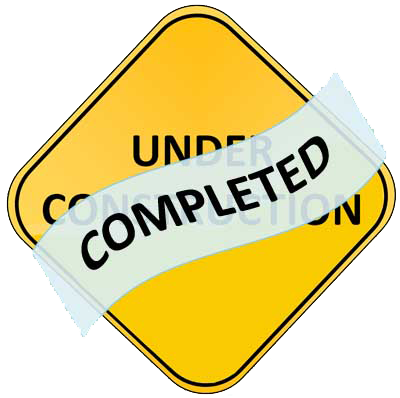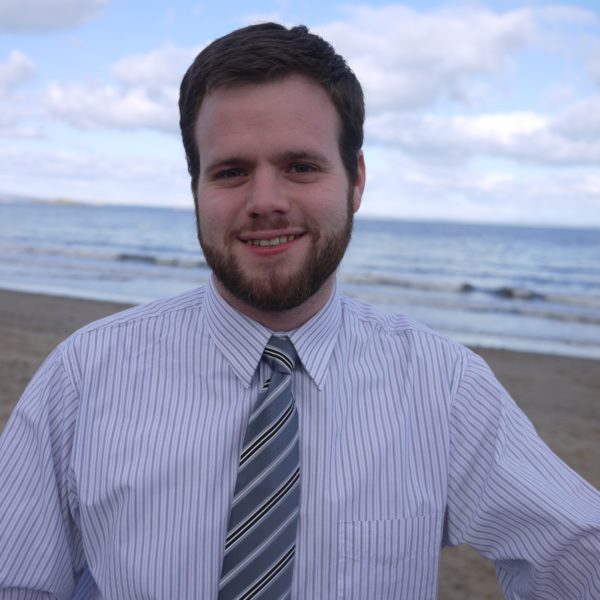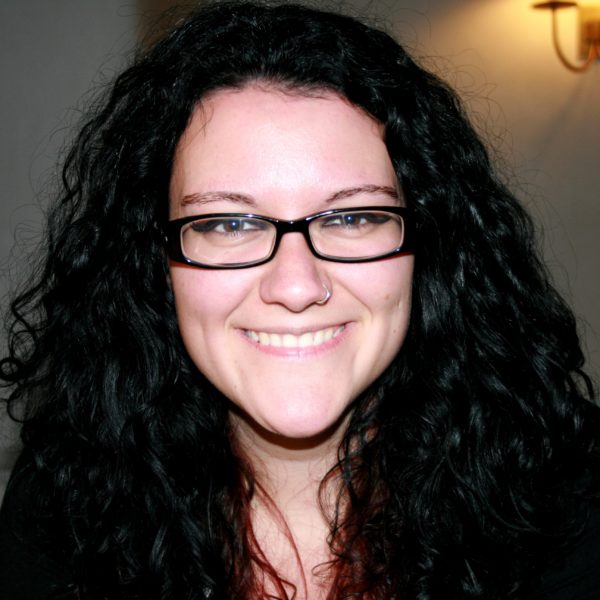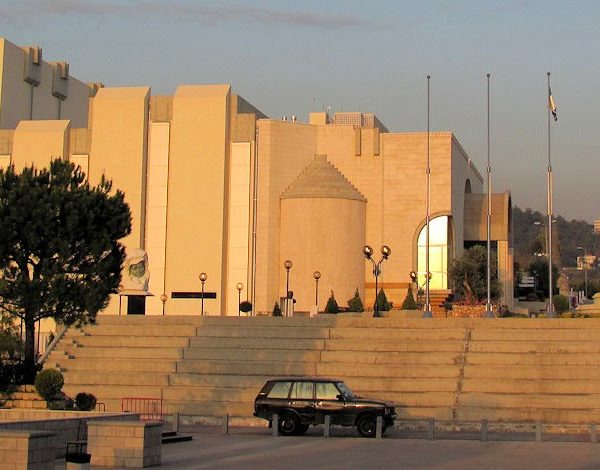
The International Research Network on Religion and Democracy (IRNRD) is hosting its sixth annual conference next week (Dec. 11-13) in Beirut, Lebanon, in partnership with Faculty of Law and Political Science at Notre Dame University Louaize (NDU) & The Council for Research in Values and Philosophy (CRVP).
By The Editors
